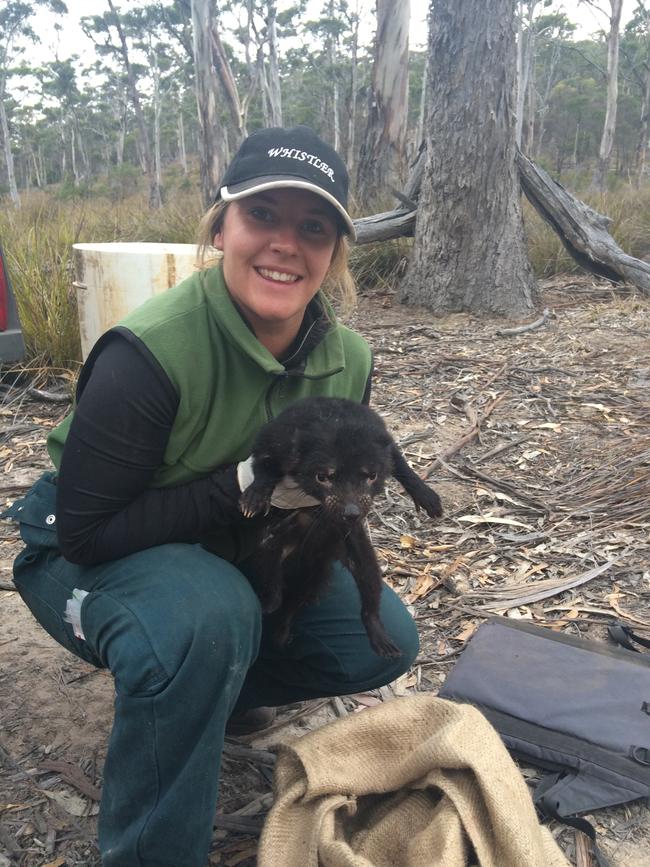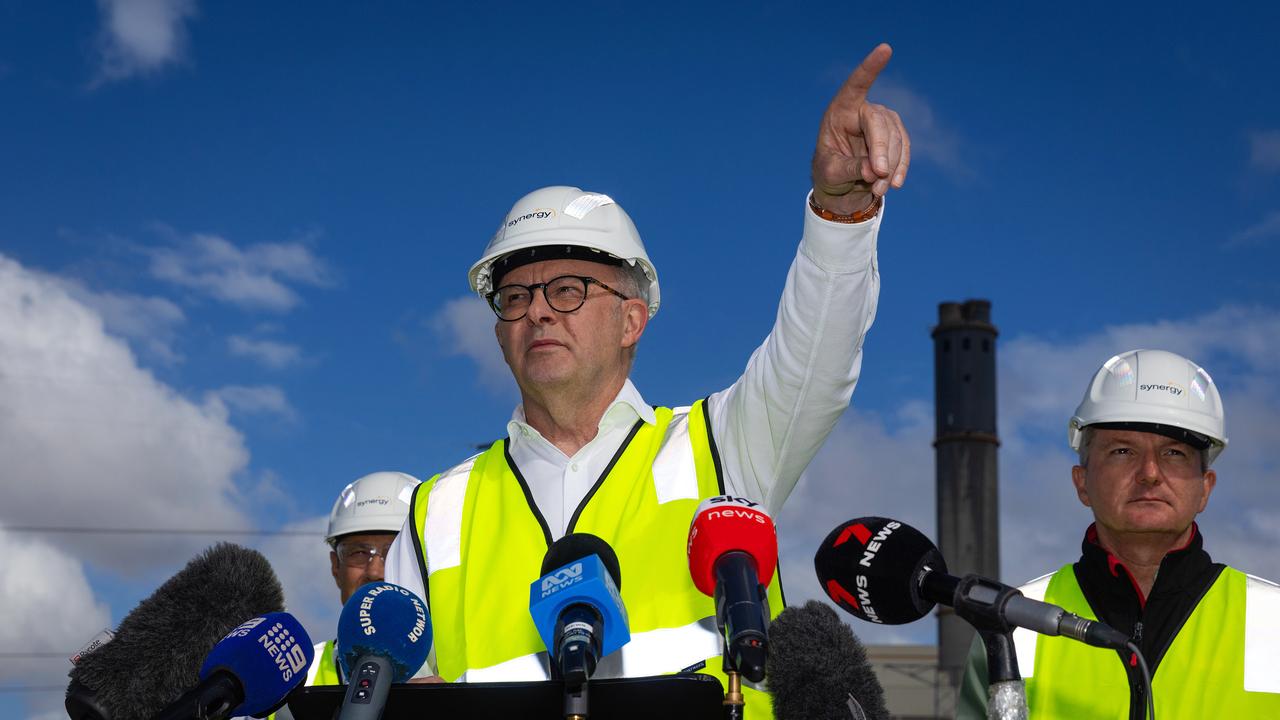Biodiversity and nature the next big corporate disclosure pressure
Big business is under pressure from shareholders and interest groups to report on how their operations impact on nature – and what they are doing to improve the situation.

While the corporate world is gearing up for mandatory disclosure of carbon emissions, one of the next big ESG-related challenges will be reporting about a company’s impact on nature, including biodiversity.
In a regulatory sense, the issue in Australia may be some years away.
But as noted by Camille Goldstone-Henry, the founder of Sydney- based biodiversity data company Xylo, big companies around the world are set to come under pressure from shareholders and interest groups to report on how their operations affect nature – and what they are doing to improve the situation.
While it sounds vague, with new buzzwords like “nature positive” and “natural capital”, reporting guidelines are being developed by the Taskforce on Nature-related Financial Disclosures (TNFD), which will publish its final recommendations in September this year.
While these will initially be voluntary, individual countries could eventually make them compulsory, following a similar trajectory of pressure on governments to legislate for global standards on carbon emissions and climate change disclosure.
The TNFD, which was mooted in 2020 and got off the ground in June 2021, has the backing of a range of organisations including the United Nations, and governments including Australia, France, Germany, The Netherlands, Norway, Switzerland and Britain.
KPMG’s interest in the sector saw it launch its Nature Positive challenge last year to encourage start-ups and new niche business ventures catering for the new interest in preserving nature and encourage biodiversity. As this year’s winner Xylo shows, you can combine younger founders with a passionate commitment to environmental causes with cutting edge data collection, including using artificial intelligence.
Xylo uses AI to assess data from satellite images of land.
One of the sectors at the forefront of pressure to do more to preserve natural capital is property, which has long faced pressure over the environmental impact of developments.

As Goldstone-Henry points out, Britain has already introduced new laws, which will come into effect later this year, requiring property companies to show that any new projects will improve natural capital on the site by 10 per cent.
She sees Britain as a potential marketplace for her company’s services.
While Australia was slow to become involved in the net-zero carbon reduction movement, it has been a lot quicker to become involved in the natural capital issue and the work by the TNFD.
The federal government has engaged accounting firm EY to oversee pilot case studies to test the draft TNFD reporting framework.
The pilots cover five sectors: critical mineral mining for producing clean energy technologies, natural gas extraction for industrial manufacturing, domestically sourced beef and salmon sold in supermarkets, property development and construction for residential real estate, and the cotton industry.
The government says it is also supporting initiatives to “help businesses and financial institutions to understand and manage nature-related risks and act on nature-related opportunities” and “align financial flows with nature positive investments, activities and outcomes”.
As in the carbon reduction sector, the move will lead to the development of biodiversity offset schemes which will eventually develop as a market in their own right.
In August last year, the federal government announced the creation of a biodiversity certificates scheme, which will operate in a similar way to its carbon credit scheme.
The scheme will recognise landholders who restore or manage local habit, giving them biodiversity certificates, which can be sold to other parties including companies wanting - or needing - to improve their green credentials.
The NSW government also has its own biodiversity offset scheme.
There will be many issues along the way - including attention to the credibility of the schemes as has happened with the carbon credit schemes - but the trend is clear.
It’s a whole new area of green economics and pressures on companies to meet global standards around preserving “natural capital” - and reporting how they are doing it - which will step up later this year as the task force releases its final recommendations.





To join the conversation, please log in. Don't have an account? Register
Join the conversation, you are commenting as Logout